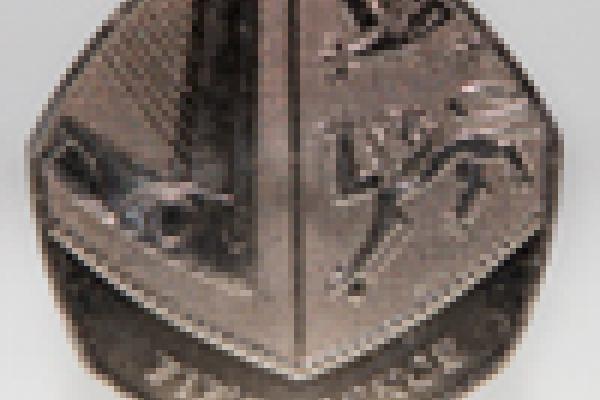Article

Playing games in many worlds - Part I
Would you stake your fortune on a 100 to 1 outsider? Probably not. But what if, somewhere in a parallel universe, the straggling nag does come in first? Would the pleasure you feel in that universe outweigh the pain you feel in the one in which you've lost? Questions not dissimilar to this one occupy physicists and for entirely respectable reasons.